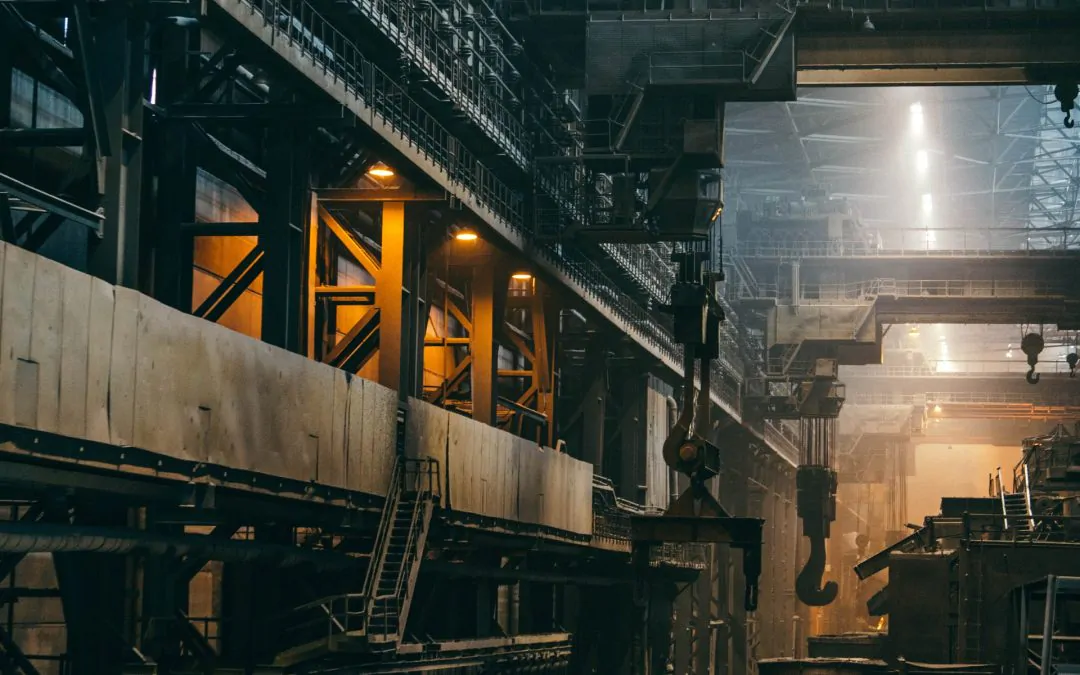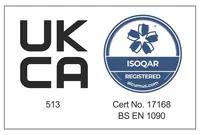The UK Steel Charter is an initiative that aims to support the UK government’s Industrial Strategy agenda, to drive positive procurement of steel and maximise the economic value of the sector.
At the same time, it targets a long list of related positive outcomes, such as the creation of highly skilled and well paid jobs, the promotion of recycled steel and sustainable practices, and documentation to prove where steel was obtained from.
The Charter welcomes signatories from local authorities, private businesses, government departments and devolved administrations, to demonstrate their commitment to the principles and actions it contains.
Four of the most general aims of the Charter are:
- To maximise economic value of UK manufacturing supply chains
- To unlock economic, social and environmental benefits of localised supply chains
- To promote the use of UK steel in infrastructure and construction
- To support jobs and training in highly paid, skilled positions nationwide
UK Steel’s guidance for signatories stresses that signing alone is not enough, and must be backed up by taking practical steps such as those suggested in the Charter.
In particular, the Charter outlines a long list of relatively small steps organisations can take which, added together, could have substantial benefits for local communities, the UK steel industry, and the UK economy as a whole.
“We realise that all organisations are different,” UK Steel say in their guidance for signatories. “It is therefore up to each to choose the most practical and suitable measures for themselves.
“Depending on the nature of your organisation or project(s) some of these actions may sit directly with you, or may need to be fed through to and implemented by your contractors and/or subcontractors.”
The Charter does not need to be applied to all projects – in fact the guidance specifically recommends that only certain projects should be designated as ‘in scope’, so they can be given the necessary attention without wasting time and resources.
By identifying in-scope projects, organisations can record and report quantities and origins of UK steel used, including social and environmental characteristics of their supply chain, and work to improve practices while maximising economic contributions.
Combined with the inherent advantages of steel, such as its endless recyclability, plus its strength and durability in construction and infrastructure projects, the UK Steel Charter is a valuable commitment from organisations to truly make the most of the metal.


